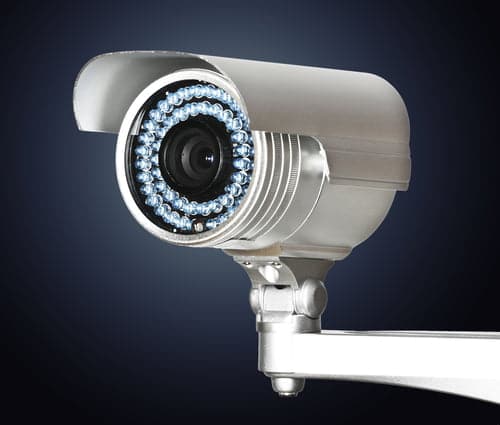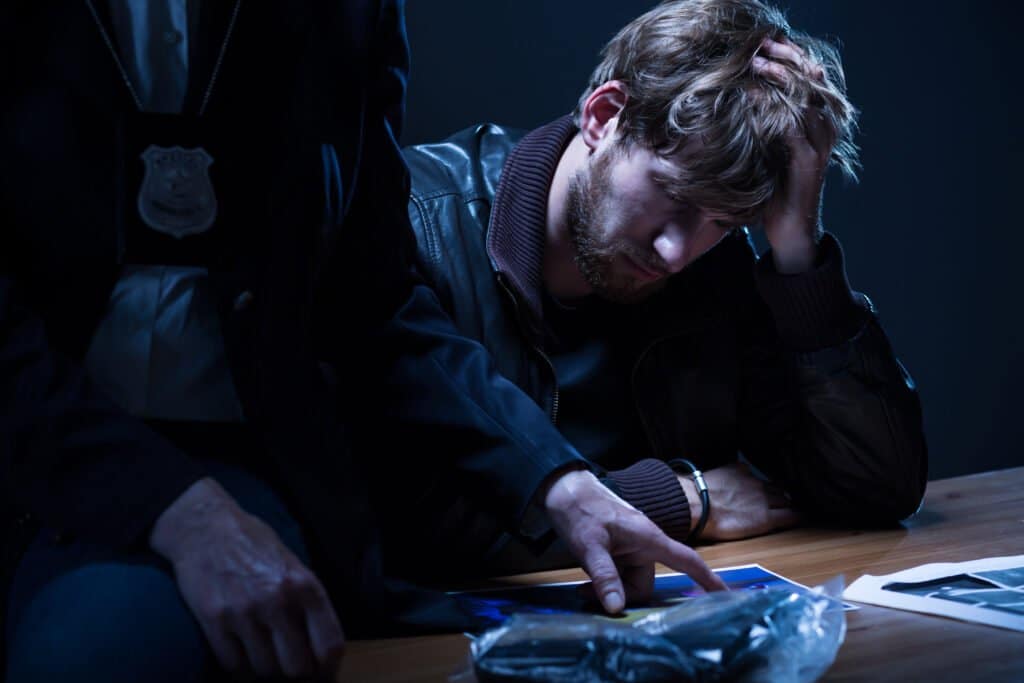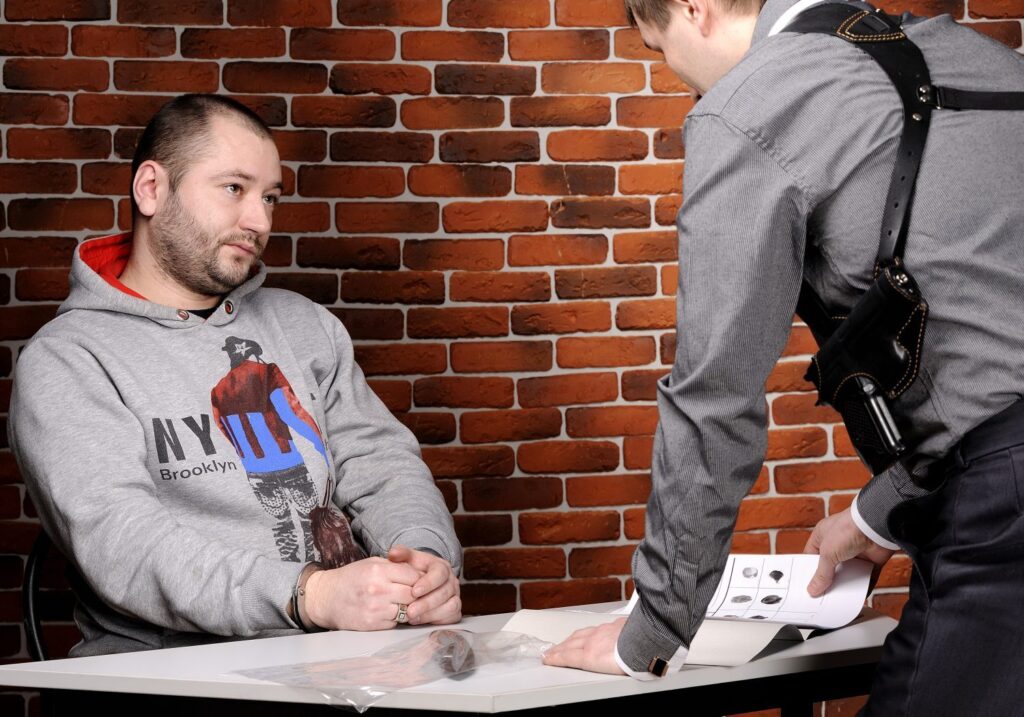Why Archiving Is Essential


Digital video provides a myriad of benefits, but the amount of it can be overwhelming. What can law enforcement agencies do to not only store this data, but ensure that it’s accessible and useful as needed? Let’s take a look at some of the wrinkles that are arising, as well as potential archiving, security and […]
The Benefits of Videoing Clinical Care


Medical professionals are using video in an increasing array of ways. Did you know that clinical recording can actually improve patient outcomes? Let’s look at what’s possible. New Technology Video technology has leveled up, providing us with incredible detail, and therefore increased insights. Surgeons are using tools like Google Glass to record surgeries, and the […]
8 Ways to Argue Your Case with Video Depositions


When we consider video depositions, we tend to think of them as a convenience, or a layer of protection for a witness. Today, let’s talk about how you can use video depositions to litigate your case. Hold attention Let’s face it: depositions can be indescribably dull to listen to. Even jurors (and judges) with the […]
5 Reasons Why Workplace Cameras Should Be Part of Your HR Policy


Surveillance cameras in the workplace can be a lightning rod for heated discussions about privacy and legality, but it’s possible to use them well, and in ways that allay employees’ concerns. Today, let’s explore five of the pros of workplace cameras. You might be surprised who benefits! Cameras are increasingly accepted Recent Pew research found […]
6 Reasons To Create Video Lessons


We’ve discussed teacher observations in earlier blogs, but we’ve barely scratched the surface of all the benefits of recording lessons. Let’s dive deeper into the many pros of keeping digital recordings of your classes. Accessibility One major benefit of recording lectures is the increased accessibility it provides. For students with varying attention spans or processing […]
Troubleshooting Your Interrogations


You may already be using body and dashboard camera videos as a training aid. Fire departments and EMTs are picking up on the value of video as a training and troubleshooting tool, as well. Now it’s time to expand your thinking to include the value of interrogation room footage. The value of video as a […]
The How-To of Child Interviews


To a child, everyone is an authority figure, and this can complicate the process of interviewing a victim of abuse or neglect. While you know that your goal is to elicit the best possible interview, the child’s perception may very well be that he or she is being tested and must do well. That pressure […]
New York Reform Law to Prevent Wrongful Convictions


Since 1989, New York state has wrongfully convicted over 200 individuals of crimes. In addition to the obvious miscarriage of justice, in 38% of those cases DNA evidence has now been used to identify the actual perpetrators, some of whom have gone on to commit additional violent crimes. For these reasons, lawmakers in New York […]
How Child Advocacy Centers Help Kids


Before CACs existed, at-risk and abused children had a very different experience than they do now. Now, they serve over 300,000 children a year. Here are the most important benefits CACs provide. Carefully Trained Interviewers Prior to the existence of CACs, the interview process could vary widely from one case to another. Untrained interviewers might […]
Improving Teacher Observations Through Video


Improving Teacher Observations Through Video Recording technology can improve teacher buy-in at observation time, and make the review process both more fair and more productive. Here’s a list of reasons why. Video is objective. The nice thing about video observations is that it takes a lot of the subjectivity out of the process. Drop-in observations […]
